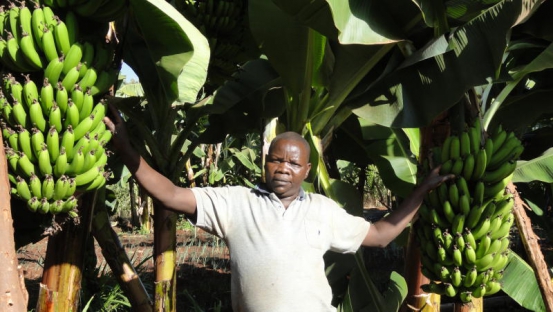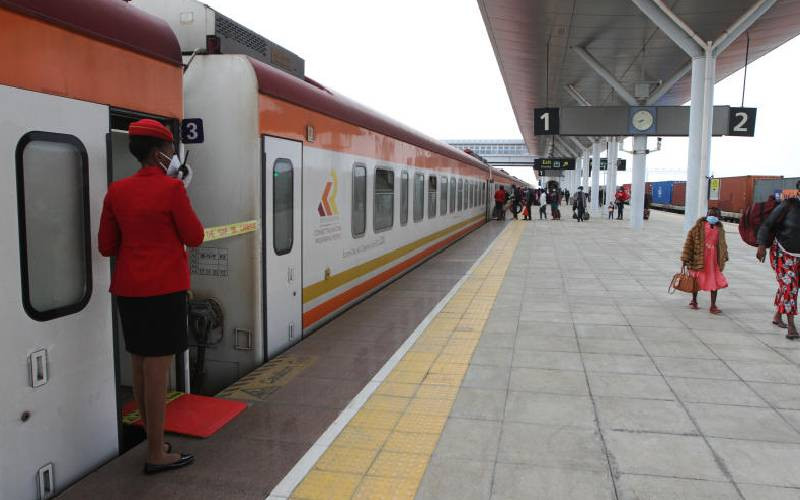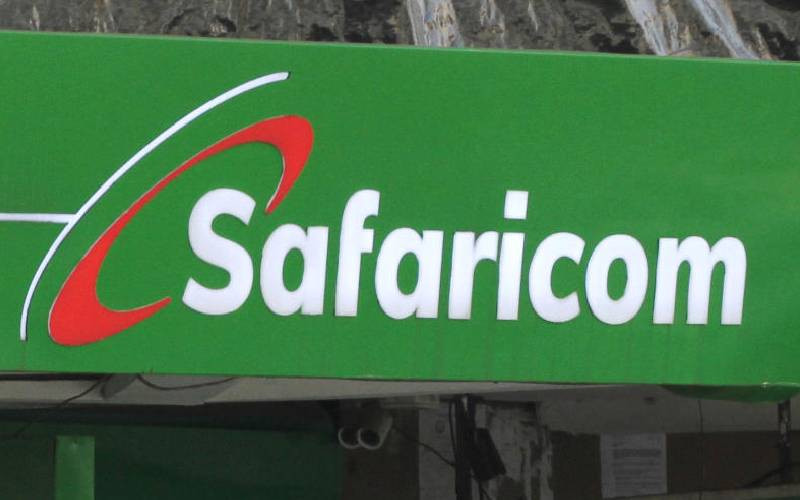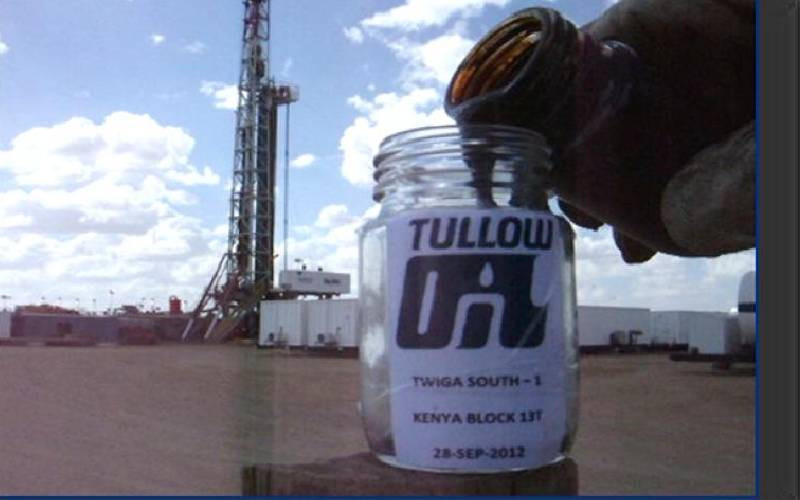×
The Standard e-Paper
Stay Informed, Even Offline

Farmers are used to having visitors in their farms. From their customers, to agricultural extension officers and fellow farmers seeking to learn a thing or two from the farm.
But some farmers are privileged to have high profile guests visit their farms. Francis Mugo, from Kawanjara area, Embu East sub-county has been privileged to host high-ranking guests like Agriculture Principal Secretary Cecily Kariuki, Embu Governor Martin Wambora and delegations from World Bank and Equity Bank.







